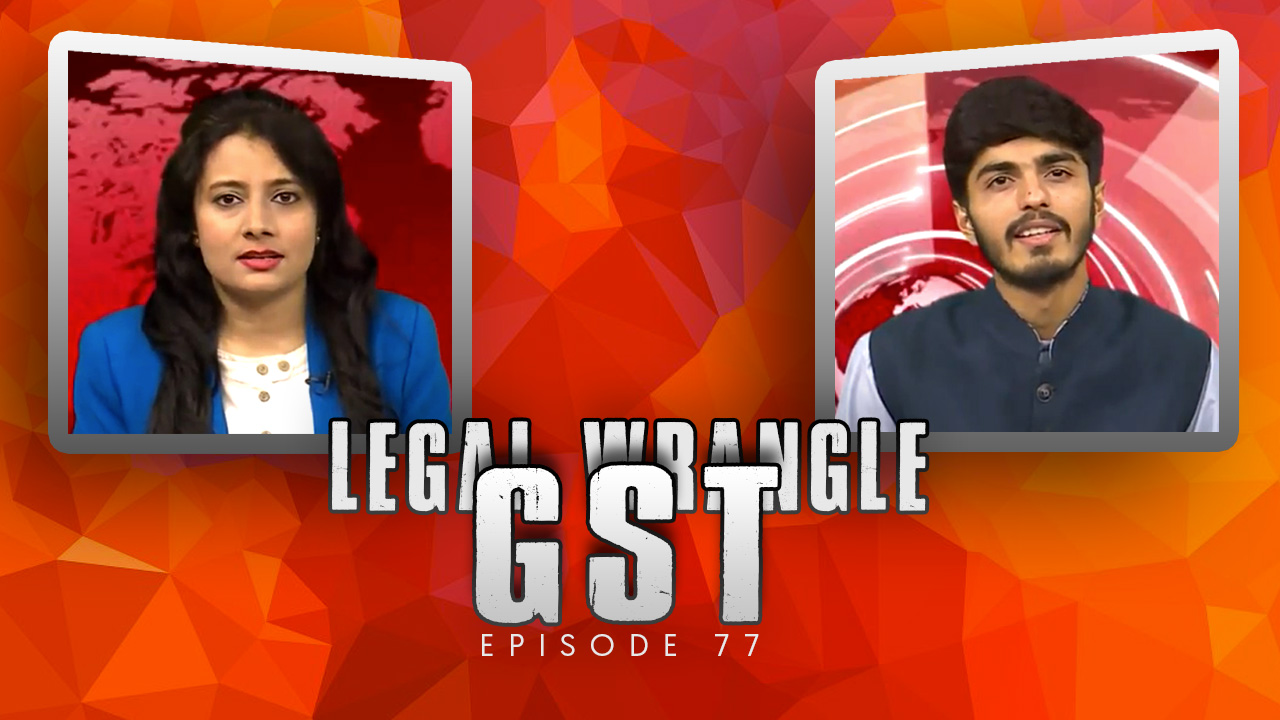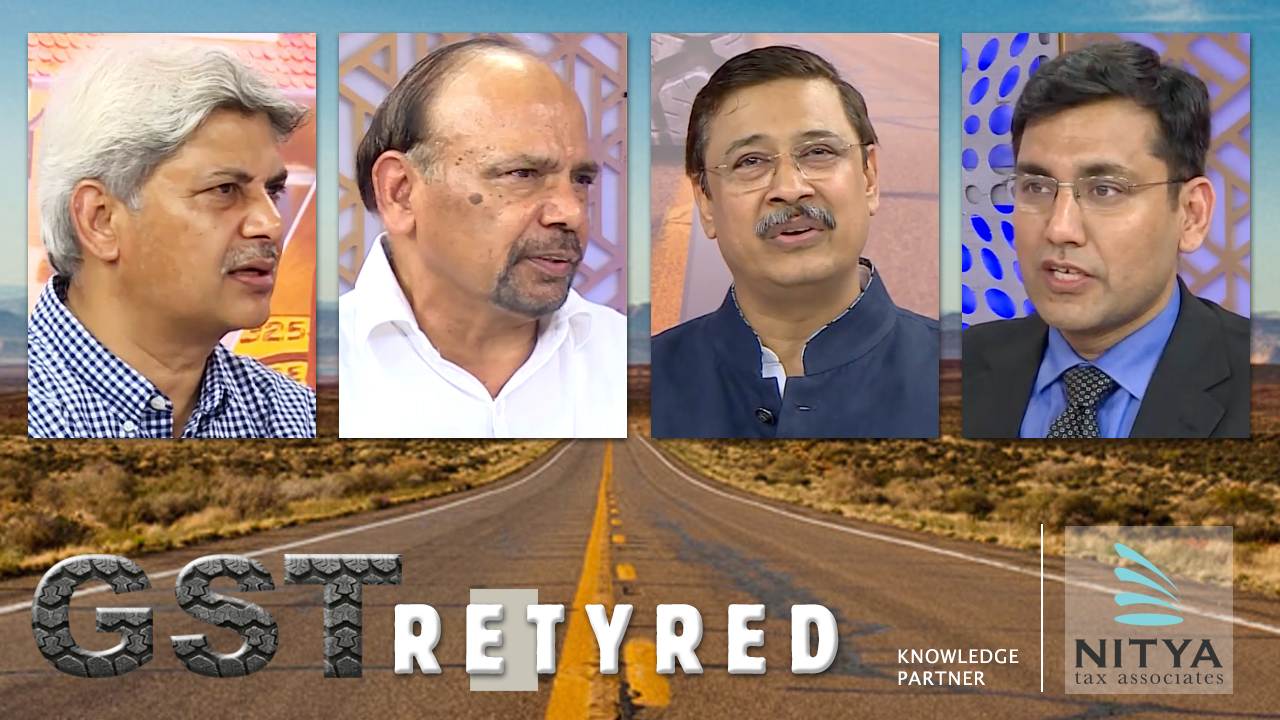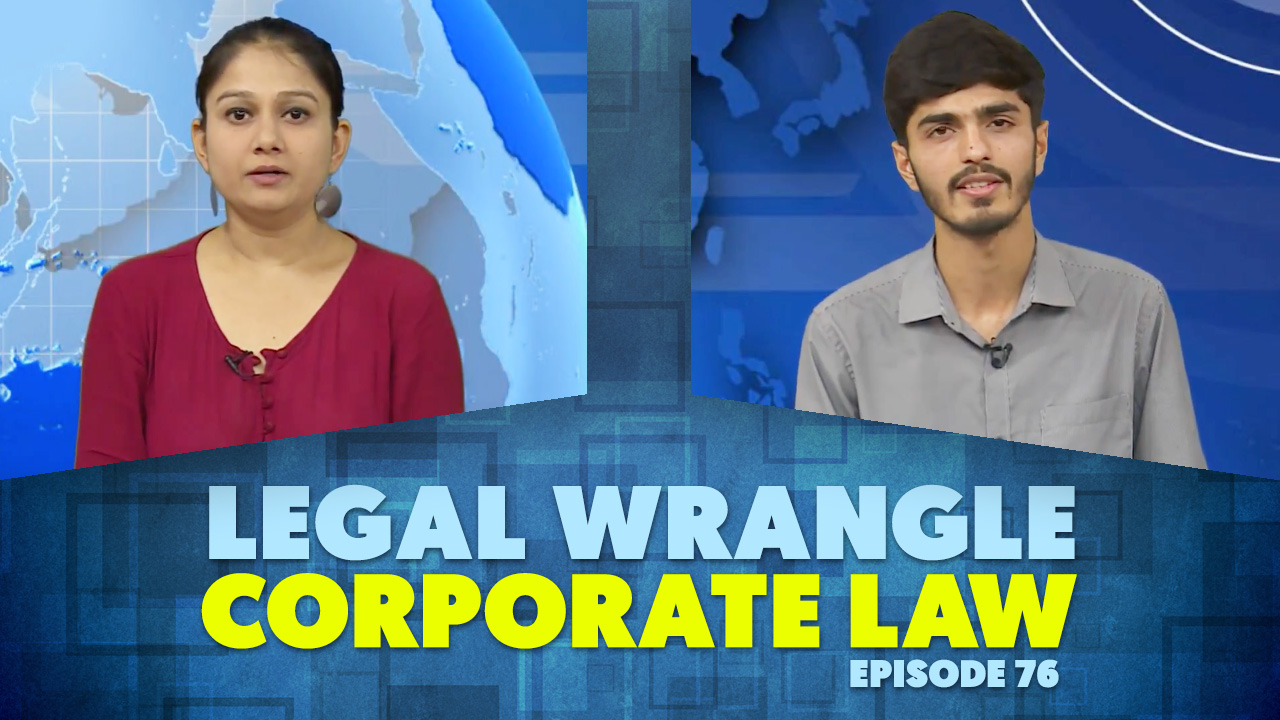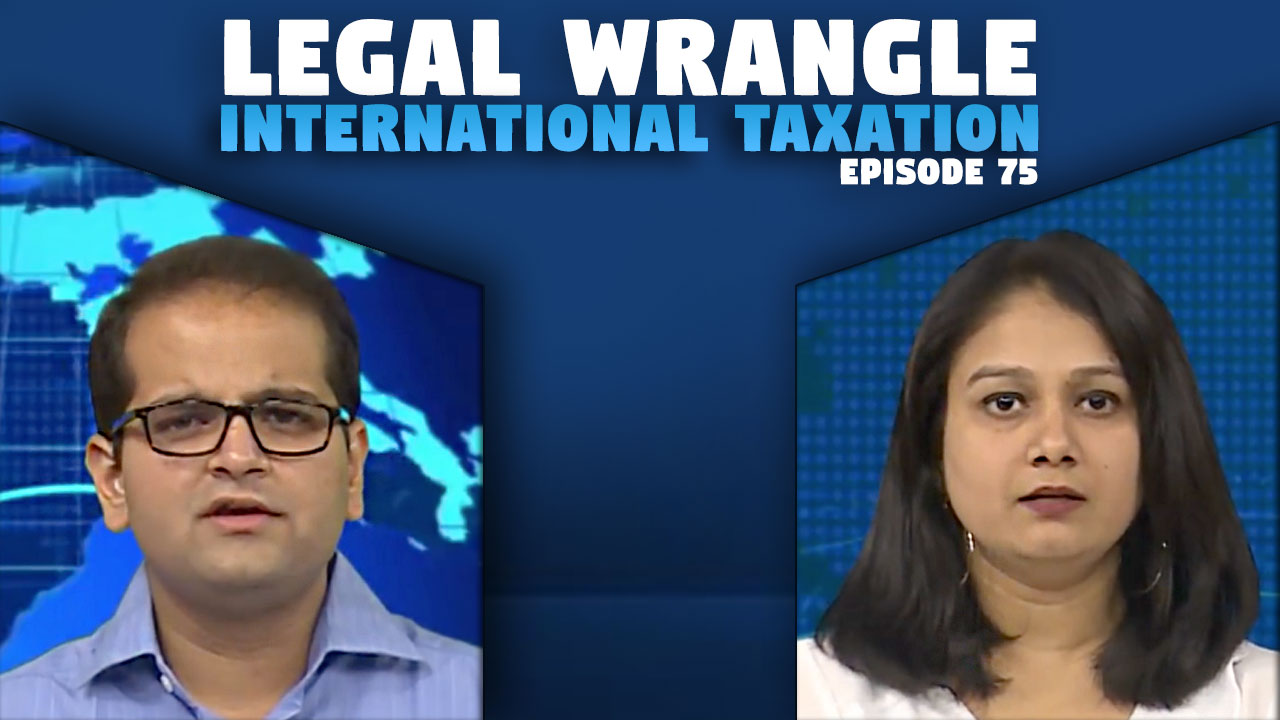|
SERVICE TAX
2018-TIOL-1170-HC-MAD-ST + Case Story
Hotel Southson Pvt Ltd Vs CESTAT
ST - VCES, 2013 - Rejection of application on the ground that audit had been initiated and had been pending as on 01.03.2013 - Section 106(2)(b) of Finance Act, 2013 stands independent of Section 106(2)(a), it only says where an audit has been initiated and such audit is pending on 01.03.2013 - claim of the appellant that the audit must be restricted to the services, which are already registered cannot be countenanced - Once it is shown that an audit has been initiated and it is pending, there is no scope for restricting the sweep of Section 106(2)(b) to an audit in relation to a particular kind of service - rigour of such taxing statute cannot be whittled down by the appellant by seeking to invoke so called voluntary compliance that too after the fact that the service has not been registered or has not been taxed was discovered by the department - Order of single Judge confirmed and Appeal dismissed: Division Bench of High Court [para 14 to 18] - Appeal dismissed : MADRAS HIGH COURT
2018-TIOL-1945-CESTAT-MUM
Accenture Solutions Pvt Ltd Vs Commissioner of CGST
ST -SCN issued on the ground that appellant had not paid service tax under reverse charge mechanism in contravention of s.66A of the FA, 1994 - demand confirmed along with interest and equivalent penalty - Commissioner(A) upholding order except the demand pertaining to the period April 2007 to September 2007 as being beyond time limit - appeal by assessee before CESTAT.
Held: Appellant submitting that they do not contest service tax and interest liability and have paid the same before issuance of show cause notice and pray for waiver of penalty - It is a fact that the appellant is a 100% EOU service provider and whatever input service suffered service tax is refundable under rule 5 of the CCR, 2004 - therefore, had the appellant paid the service tax in time, they would have got refund of the same from department - there is, therefore, neither any gain or loss either to the department or the assessee - in these circumstances, allegation of intention to evade payment of service tax cannot be made against appellant, which is the essential ingredient for imposing penalty - entire case is of revenue neutrality - as appellant had no malafide intention to evade service tax, they have made out a fit case for waiver of penalties imposed u/s 76 and 78 by invoking s.80 of FA, 1994 - impugned order stands modified and appeal is allowed to the said extent: CESTAT [para 4, 5] - Appeal allowed: MUMBAI CESTAT
2018-TIOL-1944-CESTAT-MUM
Gateway Distriparks Ltd Vs CCE
ST - Assessee engaged in providing services under category of storage and warehouse, cargo handling, goods transport services and business auxiliary services - They also availed cenvat credit for input services and capital goods under CCR, 2004 and also engaged in providing taxable as well as exempted services - Accordingly, cenvat credit on input services used for output service i.e. export cargo handing service was sought to be denied applying Rule 6 of CCR, 2004 - Claim of assessee is that even though export cargo handling service is not taxable service but they have paid service tax on such output service which is much more than the cenvat credit attributed to said output service, then the demand of cenvat credit will amount to double demand - Since assessee paid service tax on output service, denial of cenvat credit is incorrect - Though adjudicating authority decided the matter on principle but did not verify factual aspect of amount of cenvat credit attributed to exempted cargo handling service vis-a-vis service tax paid by assessee in respect of export cargo handling service, if it is found to be correct that assessee have paid service tax which is more than the cenvat credit attributable to the export cargo handling then the demand will not exist - Accordingly, matter remanded to the adjudicating authority to decide the matter a fresh: CESTAT - Matter remanded: MUMBAI CESTAT
2018-TIOL-1943-CESTAT-MAD
Aditya Birla Money Ltd Vs CCE & ST
ST - Assessee is provider of 'Stock Broking and Depository Services' and obtained service tax registration under category of "Stock Broking Service" - Issue relates to the demand of service tax on "transaction charges" levied by stock exchanges on each and every transaction carried out by assessee, which are claimed by assessee as reimbursable from customers - The period of dispute is April, 2006 to November, 2008 - The adjudicating authority has confirmed the proposed demand of service tax with interest thereon and also imposed penalty under Section 78 of FA, 1994 - Matter is nolonger res integra - This Bench, following the earlier decision of Tribunal in case of First Securities Pvt. Ltd. 2007-TIOL-2302-CESTAT-BANG and LSE Securities Ltd. 2012-TIOL-593-CESTAT-DEL and in case of M/s. Shreyas Stocks Pvt. Ltd . 2018-TIOL-1772-CESTAT-MAD held that merely because the assessee is collecting said charges from their clients and remitting the same to concerned stock exchange cannot be a reason for considering such amounts as received by them for "services rendered by them - No reason found to deviate from the ratio laid down in the decisions of Tribunal - Therefore, impugned order set aside: CESTAT - Appeal allowed: CHENNAI CESTAT
CENTRAL EXCISE
2018-TIOL-1169-HC-AHM-CX + Case Story
CCGST & CX Vs Himmat Glazed Tiles
CX - Assessee is a manufacturer of ceramic products - These are byproducts and is called body clay powder which envisages nil rate of duty - The assessee did not maintain separate accounts and initially availed cenvat credit on exempted product also - However, subsequently, it appears that such credit so availed was reversed with interest - The department however still objected to such procedure - The appellate authority and Tribunal held that since the assessee had reversed the cenvat credit with interest, no further adverse consequence should follow - Court in case of Ashima Dyecot Ltd 2008-TIOL-659-HC-AHM-CX has observed that reversal of credit amounts to non-availment - No error found in view of the Tribunal: HC - Appeals dismissed: GUJART HIGH COURT 2018-TIOL-1948-CESTAT-MAD
Chemplast Sanmar Ltd Vs CGST & CE
CX - Assessee is engaged in manufacture of excisable goods - They were in the process of setting up of manufacturing facility in Semmankuppam, Cuddalore - In this connection, they have availed various services by different service providers - The substantial dispute relate to eligibility of assessee to avail such credits on these various input services - As regards to denial of credit on the ground that documents on which such credits were availed were addressed to Radha Nagar office in Cuddalore, submission of assessee is that the Semmankuppam manufacturing facility was being set up at that time - For managing the operation of setting up, they have opened an office near by in Radha Nagar office which managed such operations - The jurisdictional officer can undertake such verification for which assessee submits that they will provide all supporting evidence.
Certain credit was denied on the ground that documents were not eligible documents - These were debit notes, work orders containing all the relevant particulars as claimed by assessee - Credit can be availed by service recipient if documents issued contain all the essential requirement of Rule 9 of CCR, 2004 - In fact, said rule provides for certain discretion to jurisdictional Assistant Commissioner which can also be exercised to such satisfaction of conditions.
Credit in certain cases was also denied on the ground that assessee did not pay the full consideration for services received - Assessee submitted that for certain service providers they have retained some portion of invoice amount as security, however, they have paid full tax shown in invoice - This requires verification of original documents with supporting evidence.
Credits were denied on certain input services like tour operator, maintenance service, construction of helipad on the ground that these were not having any nexus to the manufacturing activity of assessee - Asssesee submitted that these are essentially to link their manufacturing operation - They can establish the same with supporting evidence: CESTAT - Matter remanded: CHENNAI CESTAT
2018-TIOL-1947-CESTAT-CHD
Balaji Aluminium Alloys Pvt Ltd Vs CCE
CX - Assessee engaged in manufacture of Aluminium Alloy and Zinc Alloy Ingots and availing Cenvat Credit in respect of inputs - During investigation, it was found that assessee have availed ineligible Cenvat Credit on inputs of Rs.82,43,377/- during period 2004- 2005 and 2005-2006 - There was shortage of raw-materials at the time of stock taking of Rs.1,20,446/- - It was found that assessee has availed Cenvat Credit of Rs.49,05,525/- on aluminium sheets procured from M/s.Alcon Foils Pvt. Ltd., and the reduction of thickness of aluminium sheets does not amounts to manufacture - Therefore, for aluminium sheets the assessee was not entitled to avail Cenvat Credit - Cenvat Credit of Rs.49,05,525/- sought to be denied on the ground that the activity undertook by assessee does not amounts to manufacture - Admittedly, these aluminium sheets have been cleared by assessee on payment of duty - Therefore, Cenvat Credit cannot be denied in the light of decision of High Court of Bombay in case of Ajinkya Enterprises 2012-TIOL-578-HC-MUM-CX.
With regard to invoices issued by M/s.Bharat Aluminium Co. Ltd., the mode of transportation is like that the goods starts from suppliers and are to be stocked at the godown of transporter and thereafter the goods are to be shifted to another lorry, which transports the goods upto the place of assessee - The ground of denial of Cenvat Credit is that the Lorry number mentioned in the invoice has not crossed the Toll Naka, but it has not been investigated by revenue, the mode of transportation explained by transporter as well as the supplier - In that circumstances, Cenvat Credit cannot be denied to assessee - With regards to invoice issued by M/s.J.P Engineers, Revenue has relied on the statement of Shri Dinesh Kumar, the owner of the vehicle - The cross-examination of Shri Dinesh Kumar is not allowed - Moreover, he was not driving the vehicle and he has given the statement on the basis of his memory since he was not maintaining any records - Merely on the basis of presumption and assumption, Cenvat Credit cannot be denied.
With regards to invoices issued by M/s.Shiv Shakti Extrusion and M/s.Padia Industries Ltd., goods have been transported by M/s. Suraj Transport Road Lines and the Cenvat Credit sought to be denied on the basis of statements of Manager and Managing Director of transporter - But the Marketing Officer of transporter, Shri Ram Niwas has admitted that goods have been transported to assessee's factory and GRs issued by them are genuine - Therefore, merely on the basis of statements of Manager and Managing Director, who are not well conversant with day-to-day working of transport company, Cenvat Credit cannot be denied to assessee in absence of any cross-examination thereof.
As the allegations made in SCN are not sustainable, therefore, Cenvat Credit cannot be denied to assessee -In that circumstances, no demand can be confirmed against them and no penalty can be imposed on assessee: CESTAT - Appeals allowed: CHANDIGARH CESTAT
2018-TIOL-1946-CESTAT-MUM
Narhari Engineering Works Vs CCE
CX - Appellant is manufacturing electric motor and supplying the same to Indian Navy by claiming benefit of exemption notification 64/1995-CE which allows exemption to goods supplied as ship stores subject to production of certificate to that effect - Revenue has denied the benefit on the ground that since electric motors are not consumed by Navy within a short period and have a long shelf life, they cannot be treated as items meant for consumption on board a vessel of Indian Navy - appeal to CESTAT.
Held: Issue is no longer res integra - Apex Court in the case of Essar Steel India - 2014-TIOL-61-SC-CX has observed that once end-use certificate stands issued by the Indian Navy, the doubt entertained by the Revenue cannot prevail - impugned orders are set aside and appeals are allowed with consequential relief: CESTAT [para 4] - Appeals allowed: MUMBAI CESTAT
CUSTOMS
2018-TIOL-1942-CESTAT-MAD
Aircel Cellular Ltd Vs CC
Cus - Issue is regarding the jurisdiction of DRI to issue SCN under Customs Act - The assessee has taken a stand that in terms of Apex Court decision in case of Sayed Ali, DRI officers were not proper officers in terms of section 2(34) of Customs Act, 1962 - Being conflicting decisions of various High Courts finally the matter reached to Supreme Court who granted the stay of operation of judgment passed by High Court of Delhi - Thus, issue is subjudice before the Supreme Court 2016-TIOL-173-SC-CUS - On mertis, issue stands decided in favour of department in case of Bharati Airtel Ltd. 2012-TIOL-746-CESTAT-BANG - That in that case, Tribunal had also considered the issue whether SCN issued by DRI is sustainable or not and that the Tribunal has held this issue of jurisdiction of DRI to issue SCN also in favour of Revenue - Decision in case of Mangli Impex was rendered by Delhi high Court much later - Subsequently, same was stayed by Apex Court - Tribunal has been taking consistent view to remand such matters wherein issue of jurisdiction of DRI to issue SCN is raised by either party - By considering totality of facts and circumstances, impugned order set aside and matter remanded to original adjudicating authority to first decide the issue of jurisdiction after availability of Supreme Court decision in case of Mangli Impex and then on merits of the case but by providing an opportunity to assessee of being heard - Till the final decision, status quo will be maintained: CESTAT - Matter remanded: CHENNAI CESTAT
2018-TIOL-1941-CESTAT-MAD
ACE Global Logistics Vs CC
Cus - Revocation of license - Assessee is a Customs Broker and had handled customs clearance of consignment imported by one M/s. Prince Traders declared as "A4 size paper" - On examination, 200 cartons of foreign brand cigarettes were found concealed behind the declared goods - Same were seized under provisions of Customs Act, 1962 - The CBLR, 2013 lays down that stepwise procedures are to be followed before ordering any punishment to customs broker - True, said regulations do contain provisions for revocation of license and for forfeiture of full amount of security deposit, however these are maximum punishments which should be awarded only when the culpability of customs broker is established beyond doubt and such culpability is of very grave and extensive nature - In case of such fraudulent imports, for awarding such punishment, it has to be established without doubt that customs broker had colluded with importer to enable fraud to take place - No such culpability is forthcoming in respect of assessee - On the other hand, Inquiry Officer, appointed under CBLR 2013, has opined that there is no substantive case to level charges violation of Regulation 11(a), (b), (n), (e) & (k) of CBLR, 2013 - The Inquiry Officer has in fact clearly stated that he has not found anything substantial that can merit proposing revoking the license of assessee or imposing the penalty - Even in respect of infraction of a CHA broker for having signed blank documents, Tribunal in case of Parekh Cargo Logistics has held that it cannot be a ground for revocation of CHA broker license which results in denial of right to livelihood - But in instant case, even such an infraction is not forthcoming - Adjudicating authority' s ordering of revocation of license and forfeiture of security deposit, in face of inquiry report which has exonerated the assessee, is nothing but an overkill - Impugned order cannot sustain: CESTAT - Appeal allowed: CHENNAI CESTAT
|
|









